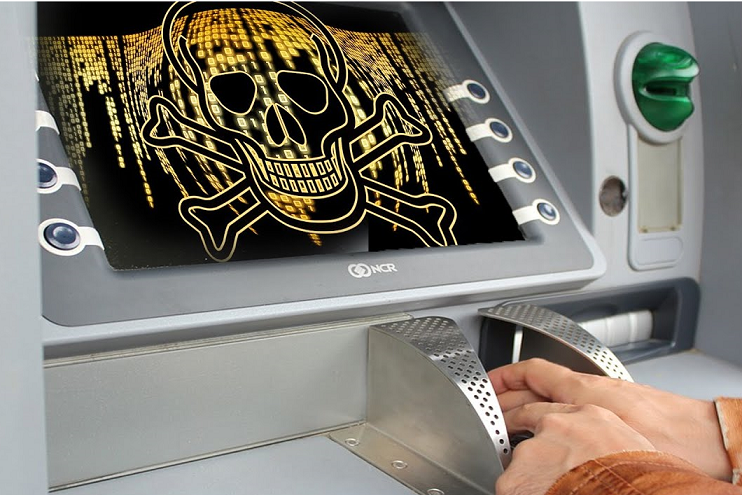
The scam is called “card cracking” and can start off innocently enough, when a member responds to a post on a social media site announcing a contest, or perhaps a webpage claiming to have a celebrity affiliation offering a gift card or some form of giveaway. The variations are endless, but there’s always a tip that it’s fraud. When your member is asked for their bank account information, PIN number, or online banking credentials. This is when the average person cut’s and runs, but it only takes a few people to go along with it for fraudsters to score.
The scam is fairly simple. Once the card crackers have access to your members account, they deposit multiple checks, often remotely, and then make quick ATM or money order withdrawals. Essentially high jacking the account with the goal to get as much cash in hand and game discretionary overdraft limits or system set allowances of pending deposit funds before the credit union is able to detect the checks are fake or written on closed or insufficient funds.
Other variations of this scam involve responses to texts, videos, or social media posts promising fast cash or even explicitly promoting card cracking as an easy way to pay the bills. The members, often young adults or students, hand over their debit card numbers, PINs, or passwords and allow bad checks to be run through their accounts with the offer of a small piece of the action.
The scammers often feed just enough in payments to keep the account holder from asking too many questions until they’re ready to close it down and frequently drain the entire account plus any other accounts they can gain access to.
Many people try to rationalize it as just gaming the system, but in their rational minds, they know better. The root of these scams, is the capitalization of one of the most basic of human emotions. “Greed”, getting something for nothing.
Embarrassment and, another basic human emotion, “Fear”, mostly of legal consequences, keep them from being honest about what happened or even reporting it. And for good reason, they are accomplices to the crime and even if they have the opportunity to confront the scammers, their complicity is used against them to silence them and can even lead to threats of violence.
While law enforcement is cracking crackdown on these scammers with indictments, these often, young members are usually left on the hook for these losses that threaten their credit futures, access to student loans, credit cards traditional banking.
Young people, often new to the work force and students fresh off to college, opening their first bank accounts are ripe marks for scammers. Their entrance into the financial and credit world without even the benefit of basic banking and credit education in the public and private high school systems. A basic life skill that if made mandatory curriculum, could better prepare future generations to avoid scams such as these, could help protect their financial futures.
Regardless of educational remedies, common sense is not always that common and often requires reinforcement. No legitimate contest, social media promotion, or job opportunity requires that people hand over their bank cards, PIN numbers, or online banking credentials. This basic life skill can not be repeated to them often enough.










